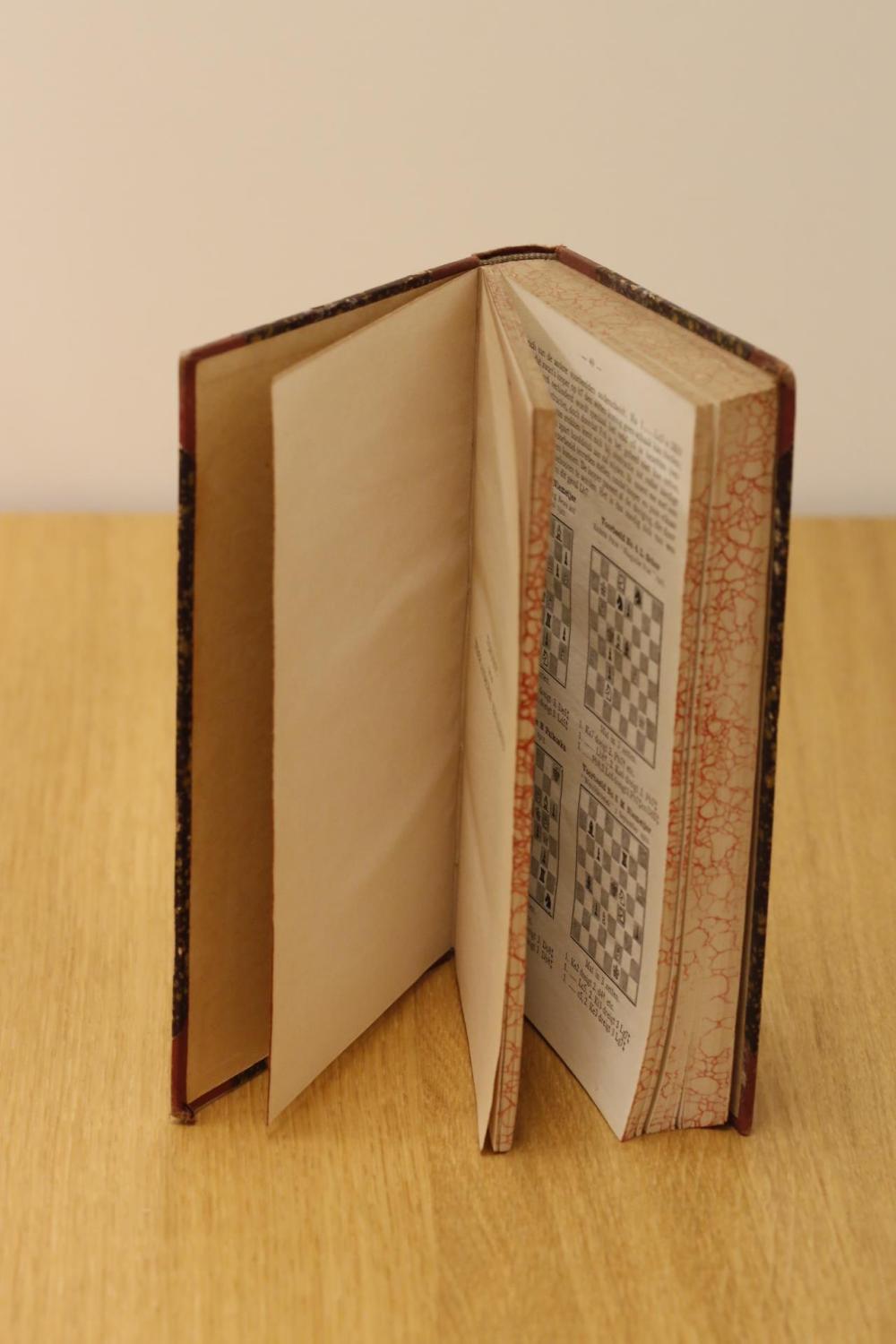

Furthermore, Trump has not agreed to unconditionally support the party’s eventual nominee, which RNC chairwoman Ronna McDaniel has indicated is a prerequisite for making the debate stage. The Washington Post reported last week that Trump has complained about the timing of the debates, though an RNC official told the Post that he did not raise concerns about the schedule when he was informed about it before it was announced. The RCP average finds that he has the support of a majority of Republican primary voters.Īccording to the New York Times, the former president has told aides and confidants that he is likely to opt out of some early presidential debates.

While some candidates may struggle to clear the 1% threshold, Trump is blowing the rest of the field out of the water. “Forty, fifty thousand individual donors-numbers like that are very realistic to say, ‘Okay, this is a legitimate candidate.’” A donor threshold would ensure serious campaigns qualify, he adds. Walker says setting the polling threshold too high this early in the race could potentially knock out qualified candidates who would otherwise have a shot at the nomination. Read more: How Tim Scott Plans to Stand Out in a GOP That ‘Craves Catastrophe’ Former Arkansas Governor Asa Hutchinson, who formally launched his campaign last month, is polling at 0.9%. So too would Pence, DeSantis, Christie, Sununu, and Virginia Governor Glenn Youngkin, if they were candidates. If the debate were held now, the candidates who would clear the 1% threshold would include Trump, former South Carolina Governor Nikki Haley, South Carolina Senator Tim Scott, and entrepreneur and author Vivek Ramaswamy, according to RealClearPolitics’ latest polling averages. Florida Governor Ron DeSantis is widely expected to jump in the race soon, and others, including former Vice President Mike Pence, former New Jersey Governor Chris Christie, and New Hampshire Governor Chris Sununu, have strongly signaled they may as well. The discussions between the RNC and campaigns about the first debate come as the GOP field is poised to grow. In 2020, when Democrats had the crowded field of presidential contenders, the Democratic National Committee only permitted candidates on stage for the first debate who were either polling at 1% or higher in an average of 3 national or early state polls, or had at least 65,000 different donors, with at least 200 donors in 20 different states. The RNC did not factor in a candidate’s donors in the criteria for that debate. The candidates with the lowest polling that secured a spot in prime-time were polling around 3%, according to a CNN report at the time. The first GOP debate in August 2015 was split in two, with a prime-time debate for the ten candidates who averaged the highest national polling numbers, and an earlier undercard debate for candidates that didn’t make the top ten. If the committee sticks with the proposed criteria for the first debate in August, it will mark a change from the first debate of the 2016 cycle.

The RNC did not respond to TIME’s request for comment on the record before publication.


 0 kommentar(er)
0 kommentar(er)
